In pictures: Combating trachoma in Sudan
- Published
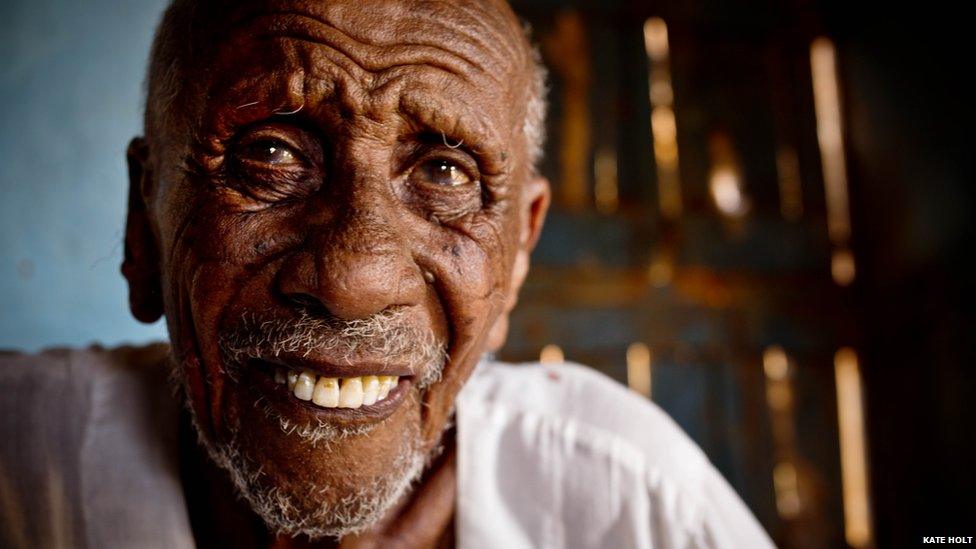
A UK-aid funded initiative led by Sightsavers is combining technology and medical research across 22 countries in Africa, Asia and the Pacific. The Global Trachoma Mapping Project is the largest infectious disease survey in history with the aim of eliminating the disease by 2020.
Following years of civil war, much of Sudan faces a lack of water and poor sanitation. The poor hygiene conditions mean that diseases such as trachoma - the world's leading infectious cause of blindness - are rife. Photographer Kate Holt followed teams of local eye doctors in villages near Khartoum.
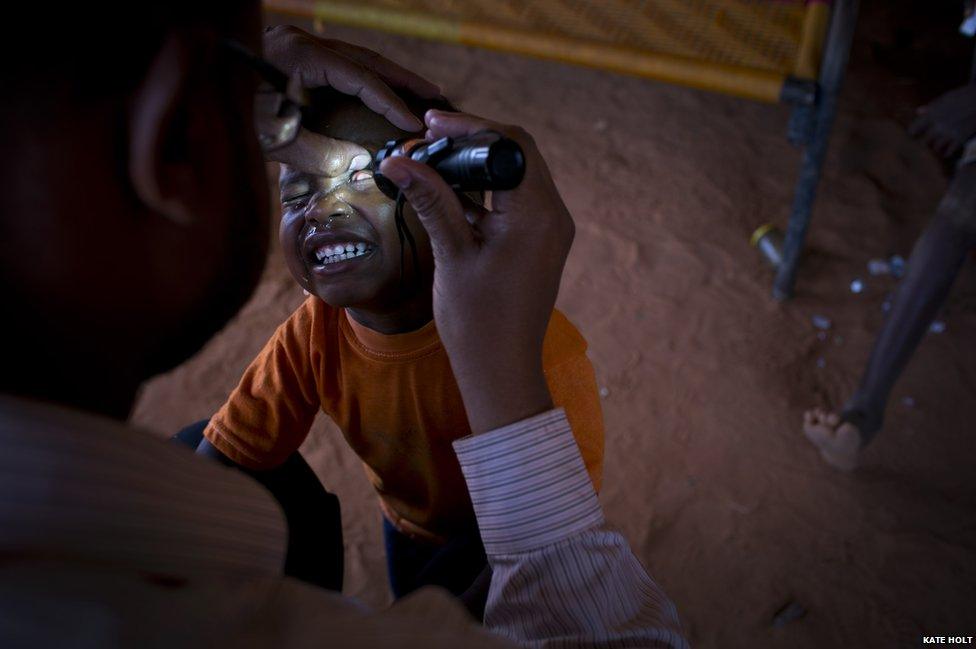
Ghosi is diagnosed with the early stages of trachoma, a painful and infectious eye disease that causes blindness. Years of repeated infection can cause the inside of the eyelid to scar so severely that the lashes scar the cornea.
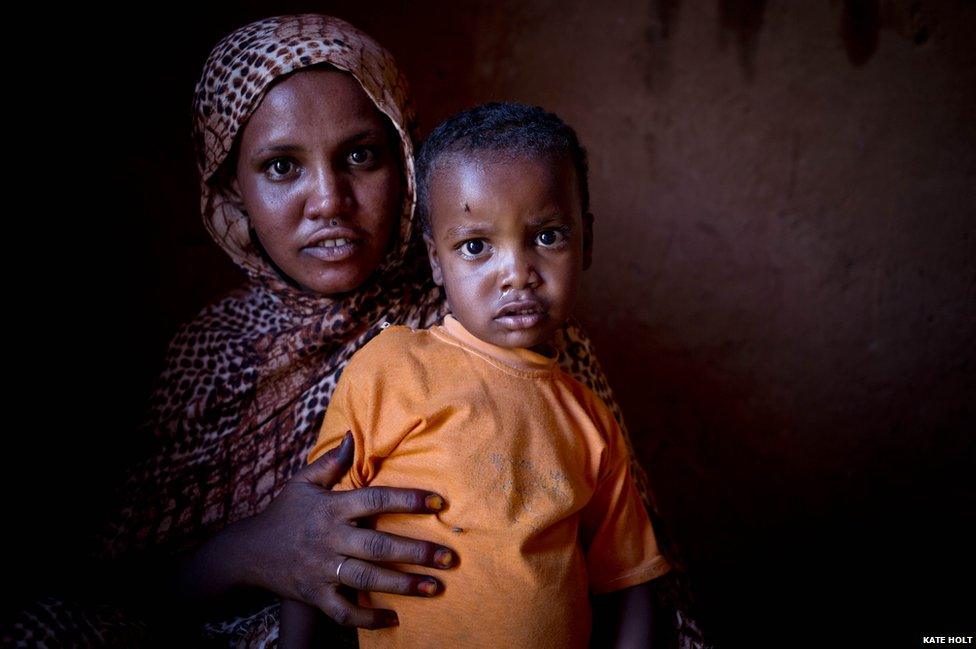
Ghosi's mother Zainub said: "I never heard about trachoma before today. I have been told to keep Ghosi's face clean and put the eye ointment on so that the infection goes away. I know that this is very important, because if I don't do it, he could go blind."
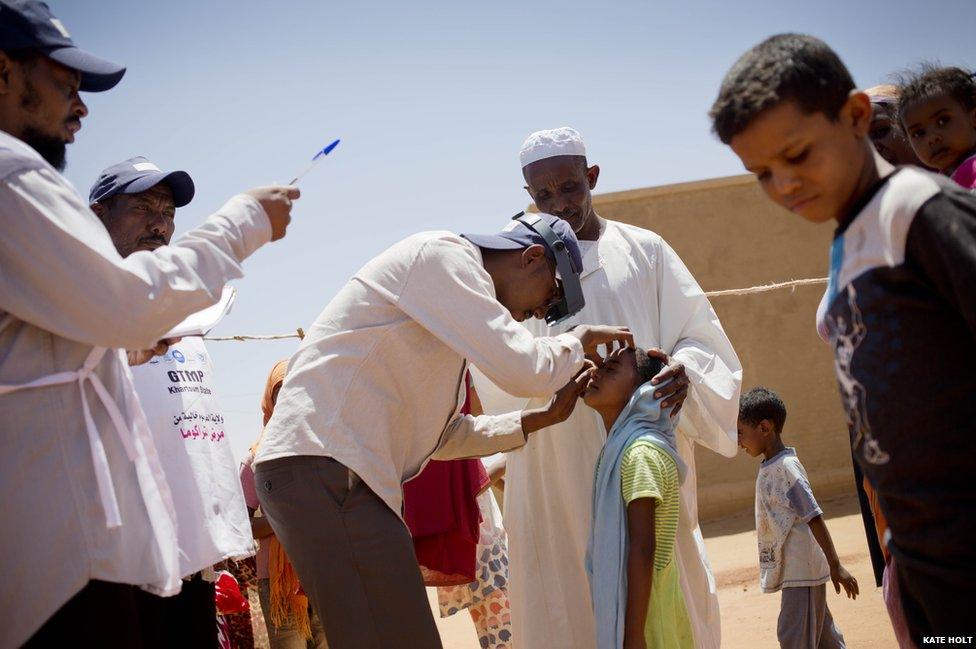
The mapping project is featured in a new report on neglected tropical diseases (NTDs) launched this week by the Uniting to Combat NTDs coalition.
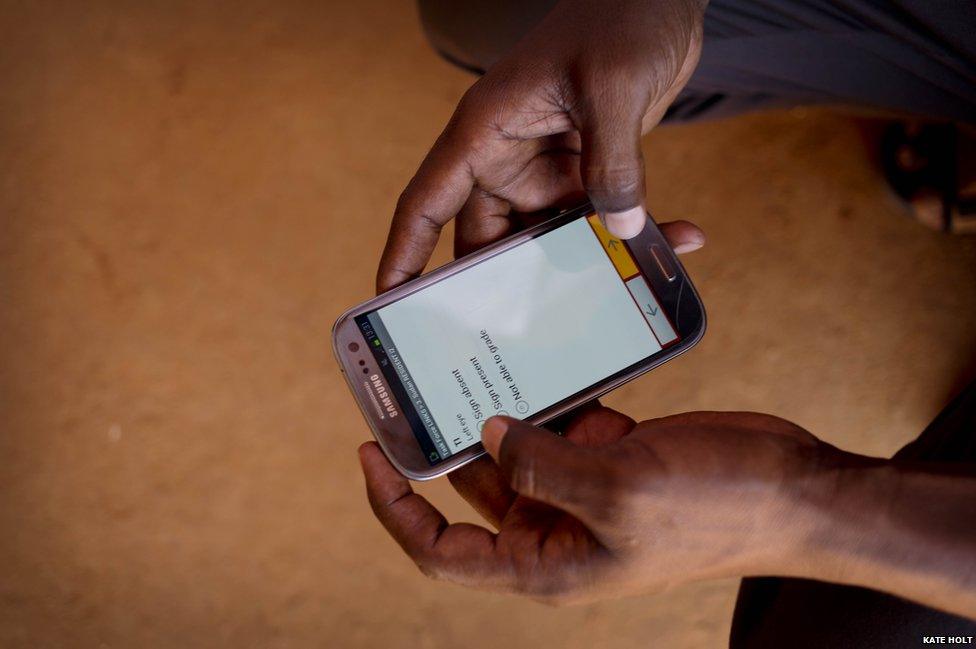
Smartphones are used to log data which is uploaded to an online Trachoma Atlas. The data is helping governments and aid agencies to target treatment at those who need it most.
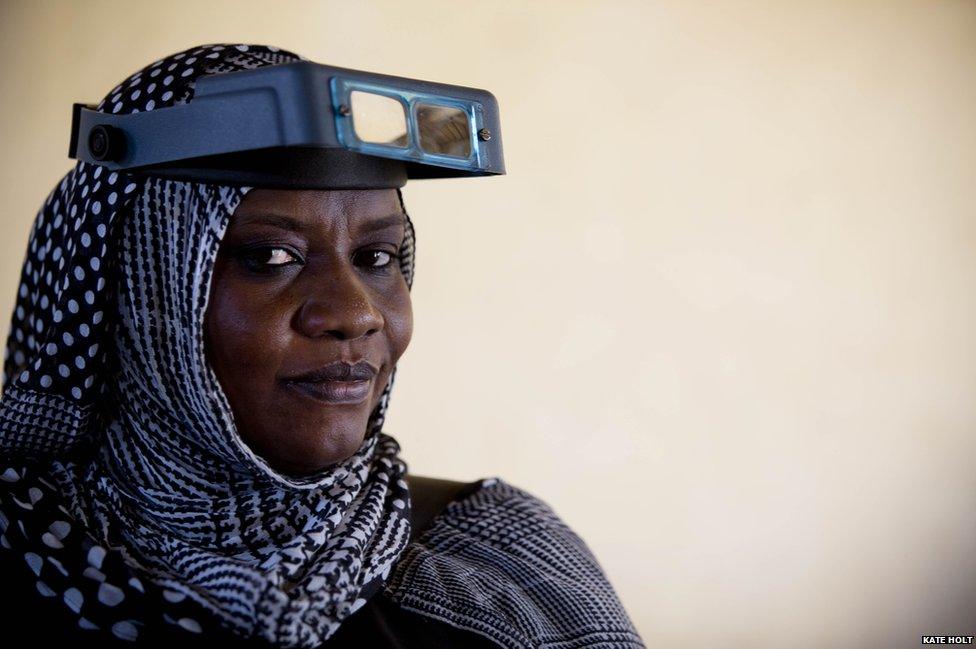
Dr Bilghis led the trachoma mapping teams that examined 72,000 people in Sudan. She said: "The biggest challenge we faced in Khartoum state was having to travel such far distances."
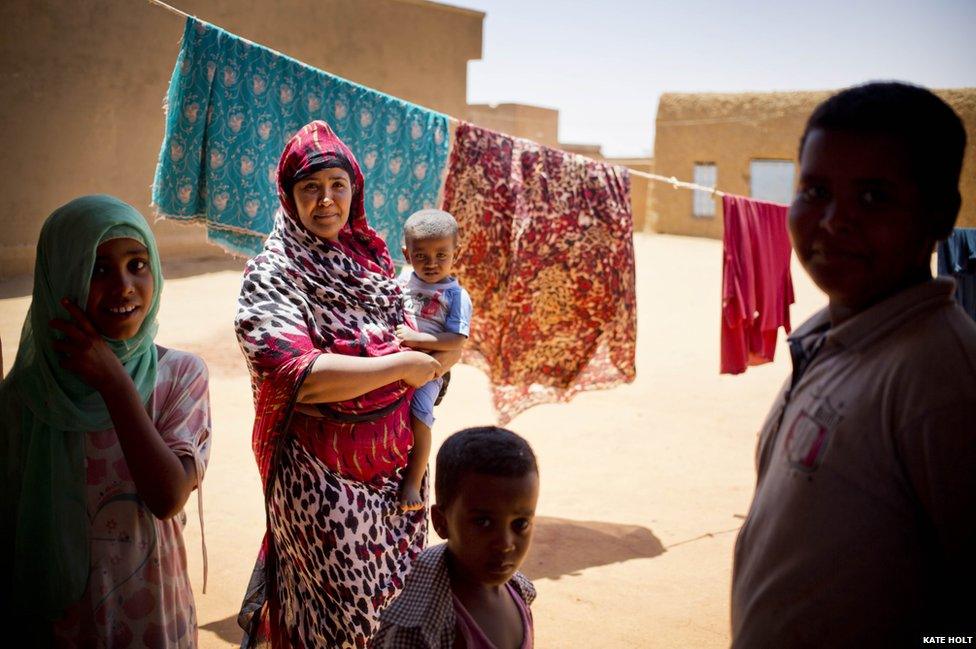
The new report also shows for the first time the full burden of illness, disability, and deaths caused by NTDs, finding it in the same order of magnitude as the "Big Three" diseases: HIV/AIDS, tuberculosis and malaria.
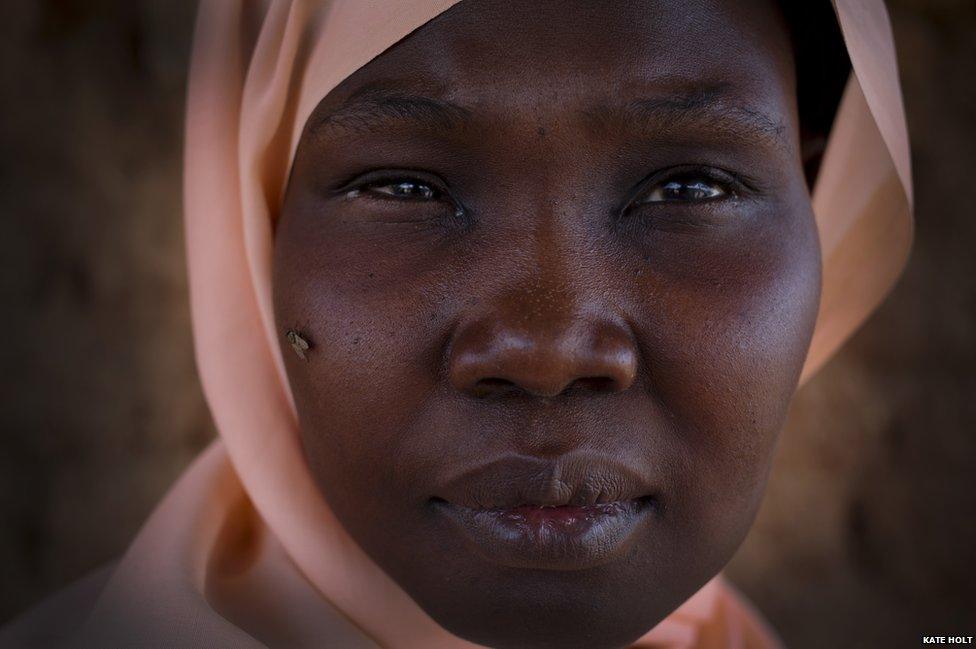
Theresa, 27, who is diagnosed with trachoma, finds the pain so intense that she wants to pull out her eyelashes. "I don't have any tweezers to pull the hairs out - when it is painful I just rub it and scratch it." Trachoma can be prevented and treated with surgery, antibiotics, face washing and a clean environment.
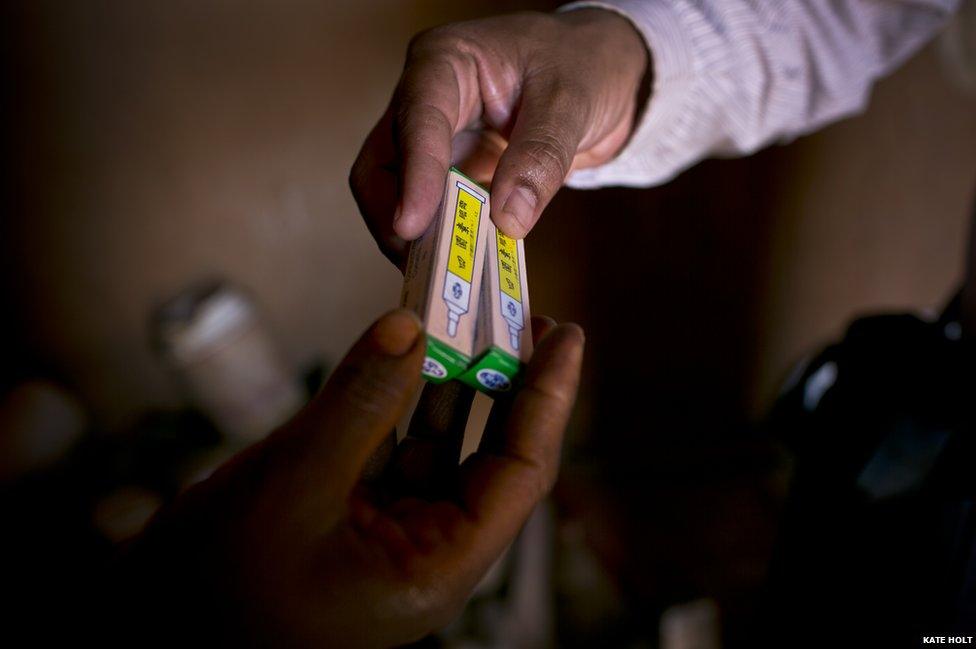
All photographs © Kate Holt/Sightsavers